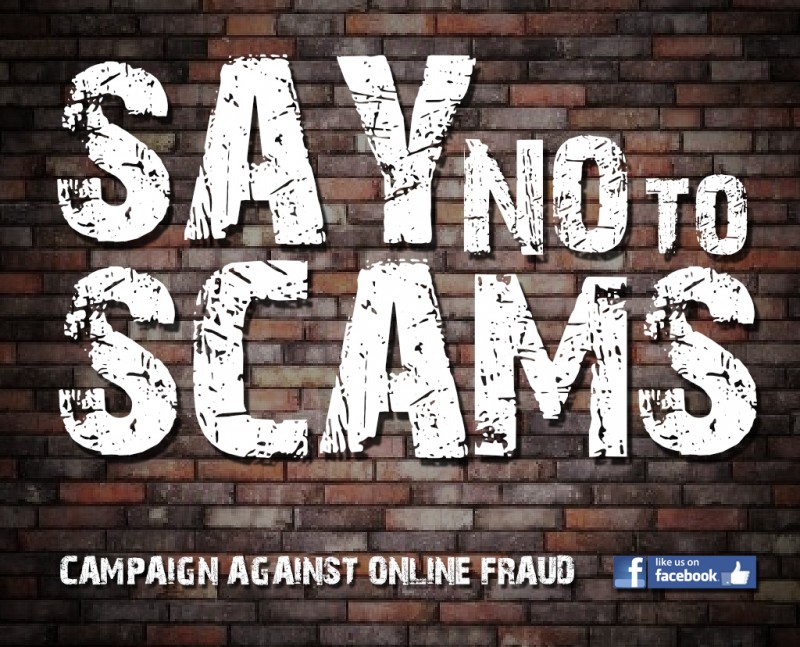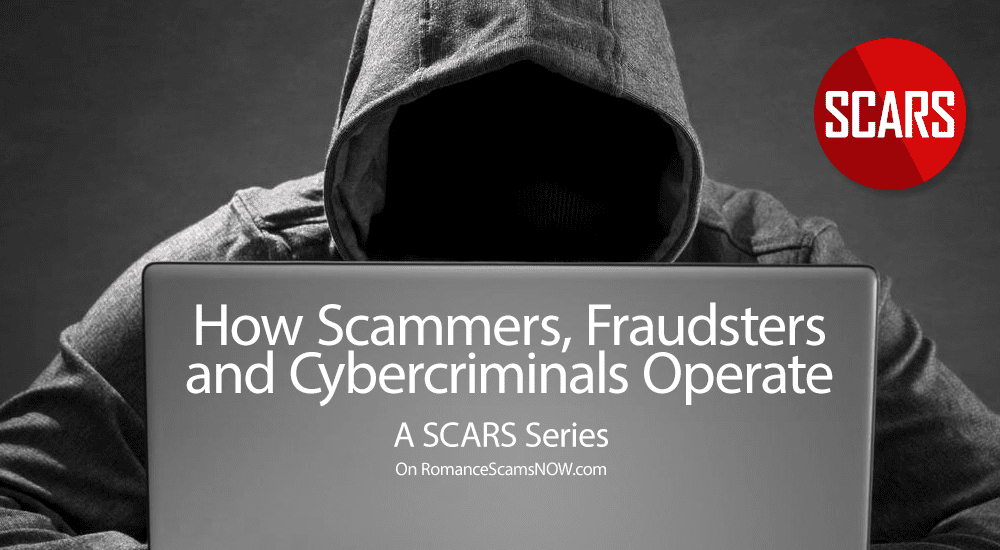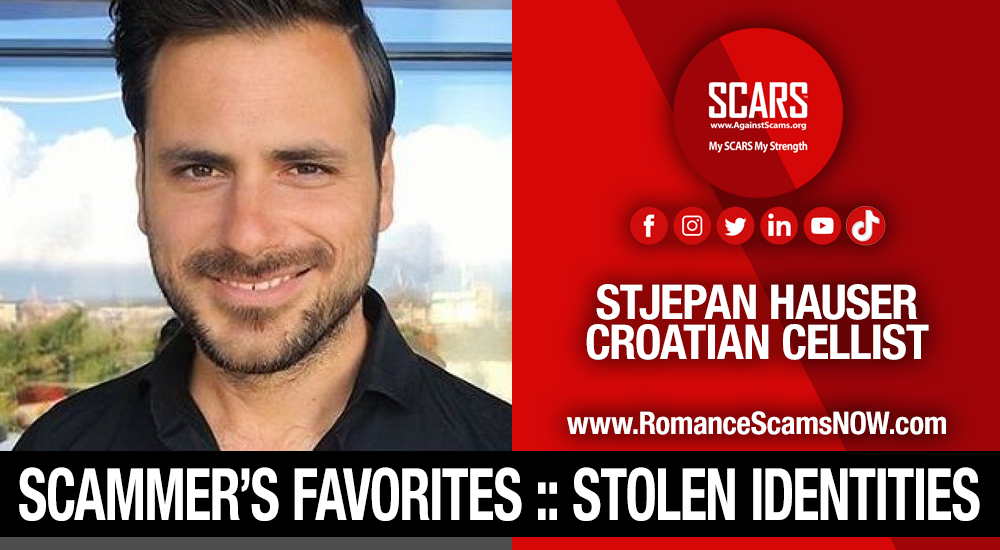
SCARS Institute’s Encyclopedia of Scams™ Published Continuously for 25 Years

IT’S ABOUT YOUR CHILDREN AND GRANDCHILDREN
Recently we all saw an article about a teen that committed suicide after a scammer enticed him into sexting (sending compromising photos of himself) and then the scammer blackmailed him.
We have been looking into this issue and what we have discovered it truly frightening.
There are no statistics on scammer related suicides, but we instinctively know that it happens. With more than a million victims a year, the law of averages suggests that are certainly hundreds (perhaps thousands) of victims that commit suicide after being scammed every year. But these are adults.
BUT WHAT ABOUT OUR CHILDREN?
By definition, they all have computers, tablets, and smartphones. They all have email, and social media accounts. They are even worse when it comes to connecting with people they don’t know. Kids like and friend anybody.
Have we ever talked to them seriously about scammers and what scammers do? Have we told them who scammers really are?
Children and teens may be more aware of technology, but they are still immature children when it comes to relationships, especially the fake ones.
HOW MANY CHILDREN & TEENS ARE BEING SCAMMED?
WE HAVE NO IDEA! NO ONE DOES!
Kids do not report most crimes, they are too polite or politically correct or scared or embarrassed. They suffer in silence.
We have warned them not to talk to strangers, but did we ever talk to them about these kinds of strangers? Probably not!
MAYBE WE NEED A NEW KIND OF JUST SAY NO
SAY NO TO SCAMMERS!
 We support and co-founded the Campaign Against Online Scams
We support and co-founded the Campaign Against Online Scams
Many have suggested that while this is not as great a monetary crime as scamming adults, after all kids have less money, the impact can be vastly greater.
WHAT DO WE DO?
There are the obvious things we as parents can do. It starts with being a parent, not their friend. It is your job to protect them, and explain to them what and why you are doing it.
Tell them there are bad people out there in the world that want to trick them and to steal their money, and if they can’t get money, they get even! Tell them, you need to make sure they and their friends are safe, by checking the privacy on their social media and emails. Tell them you have to do it because you are their mother, father, or grandparent. This is to keep them safe.
If you need to you can show them select articles about this, especially videos – however, they will not immediately understand. Kids always think they will never be affected.
It is your responsibility to keep them safe no matter how much they complain.
If you don’t yet know how to tighten the privacy and security settings for their email and social media accounts, learn or ask a friend who does. And do your own accounts while you are at it, since you may very well have been the one that gave the scammer access to your family and friends.
If you find questionable people in their social media accounts, talk to the parents of their friends. Spread this word. Talk to your school about the problem, and how they might be able to help. Share this with the PTA or School Parents Association.
Share your thoughts. If you are reading this, you probably have already had encounters with scams and fraudsters.
THIS IS A SERIOUS PROBLEM IT TAKES A SERIOUS RESOLVE AND COMMITMENT
HELP KEEP OUR KIDS SAFE
FYI – In the U.S. it is unlawful for children under the age of 13 to have any account without your written permission. The provider is the one that is held responsible for this, but you should be aware of what you children are doing. The law is called COPPA – Children’s Online Privacy & Protection Act
-/ 30 /-
What do you think about this?
Please share your thoughts in a comment below!
LEAVE A COMMENT?
Recent Comments
On Other Articles
- velma faile on Finally Tax Relief for American Scam Victims is on the Horizon – 2026: “I just did my taxes for 2025 my tax account said so far for romances scam we cd not take…” Feb 25, 19:50
- on Reporting Scams & Interacting With The Police – A Scam Victim’s Checklist [VIDEO]: “Yes, this is a scam. For your own sanity, just block them completely.” Feb 25, 15:37
- on Danielle Delaunay/Danielle Genevieve – Stolen Identity/Stolen Photos – Impersonation Victim UPDATED 2024: “She goes by the name of Sanrda John now” Feb 25, 10:26
- on Reporting Scams & Interacting With The Police – A Scam Victim’s Checklist [VIDEO]: “So far I have not been scam out of any money because I was aware not to give the money…” Feb 25, 07:46
- on Love Bombing And How Romance Scam Victims Are Forced To Feel: “I was love bombed to the point that I would do just about anything for the scammer(s). I was told…” Feb 11, 14:24
- on Dani Daniels (Kira Lee Orsag): Another Scammer’s Favorite: “You provide a valuable service! I wish more people knew about it!” Feb 10, 15:05
- on Danielle Delaunay/Danielle Genevieve – Stolen Identity/Stolen Photos – Impersonation Victim UPDATED 2024: “We highly recommend that you simply turn away form the scam and scammers, and focus on the development of a…” Feb 4, 19:47
- on The Art Of Deception: The Fundamental Principals Of Successful Deceptions – 2024: “I experienced many of the deceptive tactics that romance scammers use. I was told various stories of hardship and why…” Feb 4, 15:27
- on Danielle Delaunay/Danielle Genevieve – Stolen Identity/Stolen Photos – Impersonation Victim UPDATED 2024: “Yes, I’m in that exact situation also. “Danielle” has seriously scammed me for 3 years now. “She” (he) doesn’t know…” Feb 4, 14:58
- on An Essay on Justice and Money Recovery – 2026: “you are so right I accidentally clicked on online justice I signed an agreement for 12k upfront but cd only…” Feb 3, 08:16
ARTICLE META
Important Information for New Scam Victims
- Please visit www.ScamVictimsSupport.org – a SCARS Website for New Scam Victims & Sextortion Victims
- Enroll in FREE SCARS Scam Survivor’s School now at www.SCARSeducation.org
- Please visit www.ScamPsychology.org – to more fully understand the psychological concepts involved in scams and scam victim recovery
If you are looking for local trauma counselors please visit counseling.AgainstScams.org or join SCARS for our counseling/therapy benefit: membership.AgainstScams.org
If you need to speak with someone now, you can dial 988 or find phone numbers for crisis hotlines all around the world here: www.opencounseling.com/suicide-hotlines
A Note About Labeling!
We often use the term ‘scam victim’ in our articles, but this is a convenience to help those searching for information in search engines like Google. It is just a convenience and has no deeper meaning. If you have come through such an experience, YOU are a Survivor! It was not your fault. You are not alone! Axios!
A Question of Trust
At the SCARS Institute, we invite you to do your own research on the topics we speak about and publish, Our team investigates the subject being discussed, especially when it comes to understanding the scam victims-survivors experience. You can do Google searches but in many cases, you will have to wade through scientific papers and studies. However, remember that biases and perspectives matter and influence the outcome. Regardless, we encourage you to explore these topics as thoroughly as you can for your own awareness.
Statement About Victim Blaming
SCARS Institute articles examine different aspects of the scam victim experience, as well as those who may have been secondary victims. This work focuses on understanding victimization through the science of victimology, including common psychological and behavioral responses. The purpose is to help victims and survivors understand why these crimes occurred, reduce shame and self-blame, strengthen recovery programs and victim opportunities, and lower the risk of future victimization.
At times, these discussions may sound uncomfortable, overwhelming, or may be mistaken for blame. They are not. Scam victims are never blamed. Our goal is to explain the mechanisms of deception and the human responses that scammers exploit, and the processes that occur after the scam ends, so victims can better understand what happened to them and why it felt convincing at the time, and what the path looks like going forward.
Articles that address the psychology, neurology, physiology, and other characteristics of scams and the victim experience recognize that all people share cognitive and emotional traits that can be manipulated under the right conditions. These characteristics are not flaws. They are normal human functions that criminals deliberately exploit. Victims typically have little awareness of these mechanisms while a scam is unfolding and a very limited ability to control them. Awareness often comes only after the harm has occurred.
By explaining these processes, these articles help victims make sense of their experiences, understand common post-scam reactions, and identify ways to protect themselves moving forward. This knowledge supports recovery by replacing confusion and self-blame with clarity, context, and self-compassion.
Additional educational material on these topics is available at ScamPsychology.org – ScamsNOW.com and other SCARS Institute websites.
Psychology Disclaimer:
All articles about psychology and the human brain on this website are for information & education only
The information provided in this article is intended for educational and self-help purposes only and should not be construed as a substitute for professional therapy or counseling.
While any self-help techniques outlined herein may be beneficial for scam victims seeking to recover from their experience and move towards recovery, it is important to consult with a qualified mental health professional before initiating any course of action. Each individual’s experience and needs are unique, and what works for one person may not be suitable for another.
Additionally, any approach may not be appropriate for individuals with certain pre-existing mental health conditions or trauma histories. It is advisable to seek guidance from a licensed therapist or counselor who can provide personalized support, guidance, and treatment tailored to your specific needs.
If you are experiencing significant distress or emotional difficulties related to a scam or other traumatic event, please consult your doctor or mental health provider for appropriate care and support.
Also read our SCARS Institute Statement about Professional Care for Scam Victims – click here to go to our ScamsNOW.com website.
















Thank you for your comment. You may receive an email to follow up. We never share your data with marketers.